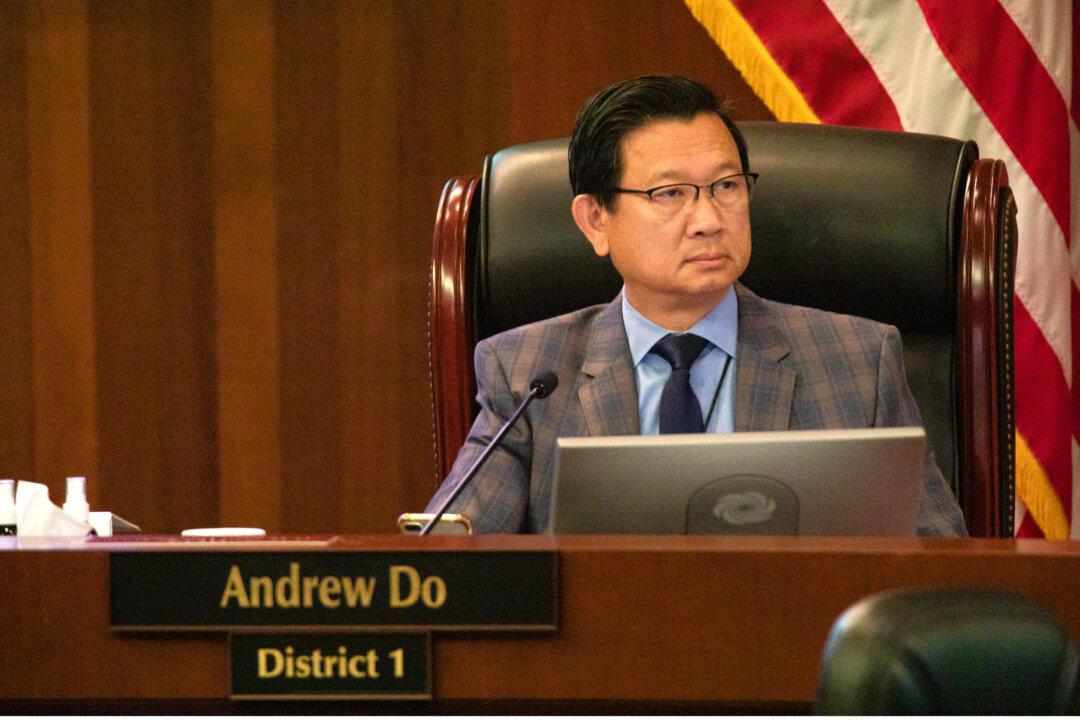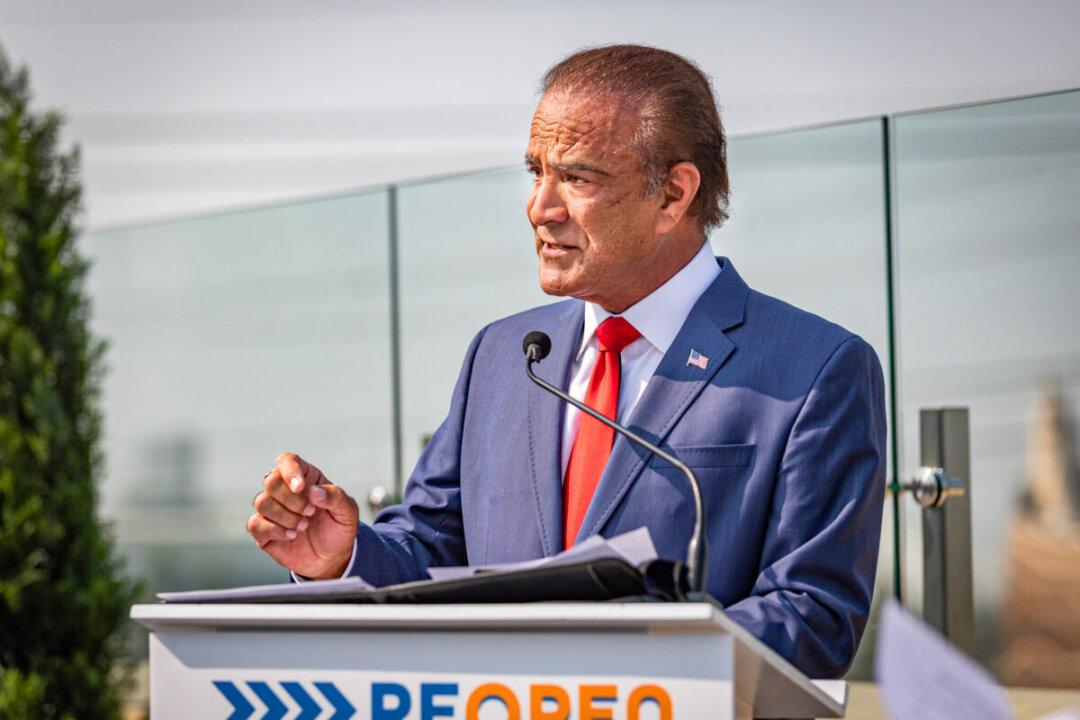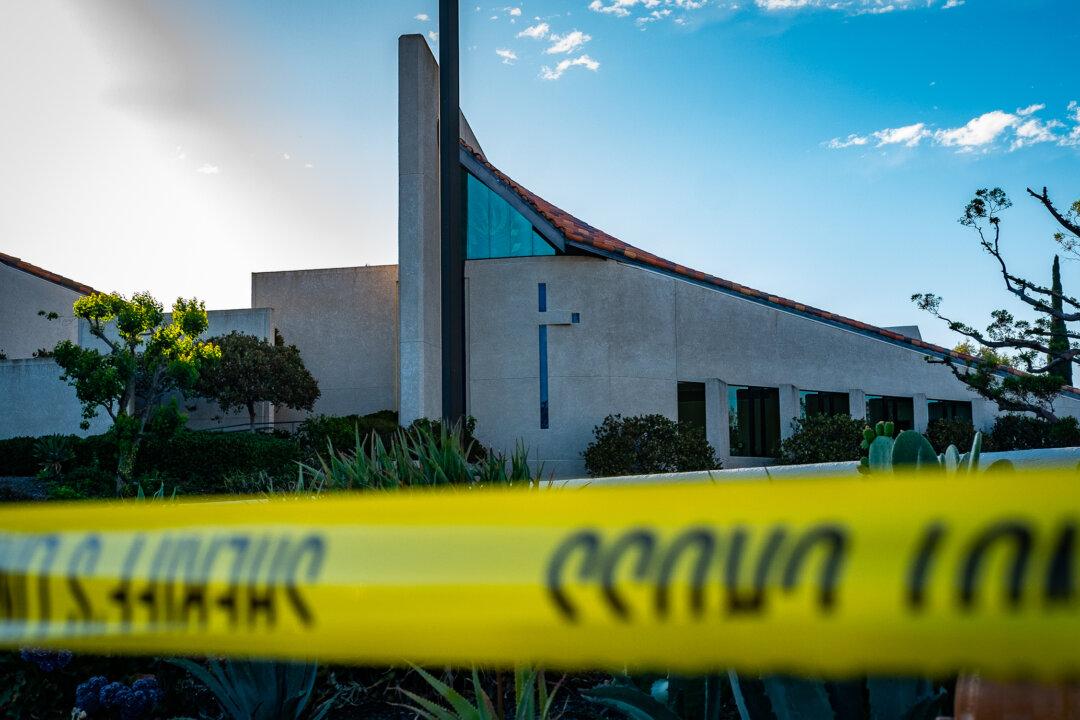The Orange County Board of Supervisors and members of the public sparred June 22 over whether to continue the county’s state of emergency.
Supervisors said during the meeting that the money the county receives from the State of California by declaring a state of emergency helps fund its recovery from the COVID-19 pandemic.




